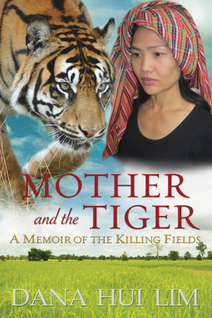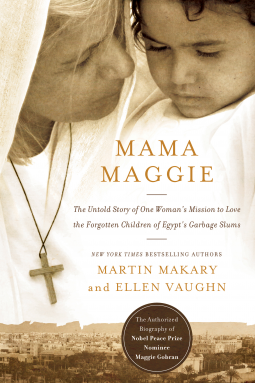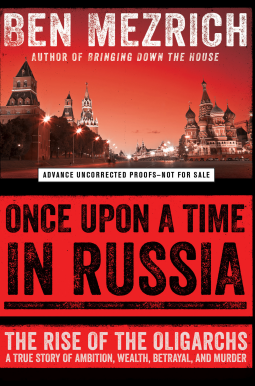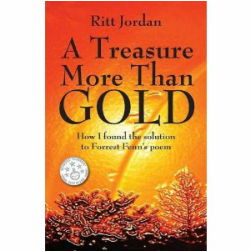* * * * *

I find I am always ready to overlook the unlikely in a fantasy, as the whole idea of such a tale is to pose the impossible, and so I did from time to time with Dark Tidings, but that only added to my enjoyment of this read. Each time I picked it up again, I did so eagerly, waiting for the next bit of engaging banter and to hear more about Magee’s quirky characters. I very much look forward to the next one!






